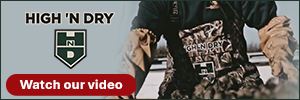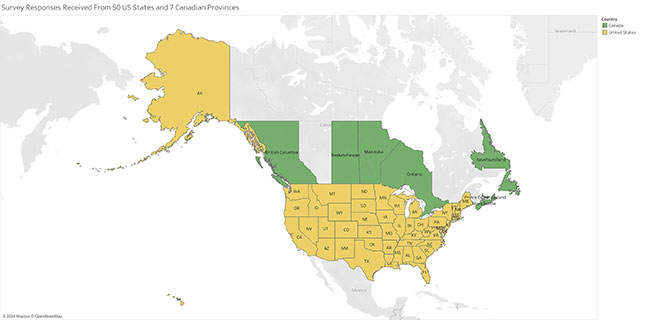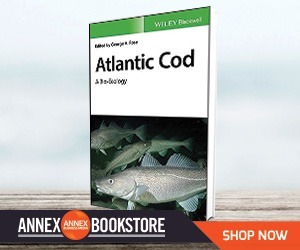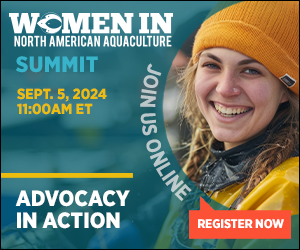| |
| |
 |
 |
| |
 |
|
@{mv_date_MMM d, yyyy}@ |
| |
|
| |
Check out the featured section for an important feature on a survey on hiring practices in aquaculture. Please register for our Women in North American Aquaculture Summit by visiting our website.
- Seyitan Moritiwon, Associate editor
|
|
| |
|
| |
It is with much sadness that I write these few lines to say farewell to David Johnson Scarratt (1935-2024). He was born and studied in the U.K., where he completed a B.Sc. Honours Zoology and a Ph.D. in Marine Science.
» Read More...
Cooke USA is celebrating 20 years of aquaculture operations in Maine and has changed its brand logo from Cooke Aquaculture USA to Cooke USA.
» Read More...
The U.S. Department of Agriculture has awarded a two-year grant of US$324,000 to Southern Illinois University researchers for a project to improve intensive aquaculture methods for largemouth bass.
» Read More...
|
| |

|

|
| |
|
| |

Next year, the most anticipated industry event in recirculating aquaculture is coming to San Diego, Calif. to once again gather the movers and shakers of the international RAS space. Whether it’s raising juveniles, growing larger smolt of producing harvest-size fish, RAS technology continues to lead the way in the expansion of aquaculture around the world.
» Register your interest
|
| |
|
| |
 Individuals seeking to enter the field of aquaculture are often given varying advice about the training and skills which are needed to obtain a job in aquaculture. Within the field of aquaculture there are many career opportunities, including jobs from the level of seasonal employment through program administration.
» Read More...
Individuals seeking to enter the field of aquaculture are often given varying advice about the training and skills which are needed to obtain a job in aquaculture. Within the field of aquaculture there are many career opportunities, including jobs from the level of seasonal employment through program administration.
» Read More... |
| |
| |
|
| |

Atlantic Cod: Bio-Ecology of the Fish offers insightful chapter coverage of cod nomenclature, taxonomy, phylogeny and morphology; physiology and ecophysiology; reproduction and spawning behavior; early life history and pre-recruitment processes; migrations, movements and stock identity; feeding, growth and energetics; the place of cod in the ecosystem and many other topics.
» More Info
|
| |
|
| |
A scientist at the University of New Hampshire (UNH)’s College of Life Sciences and Agriculture (COLSA) is studying how integrated multi-trophic aquaculture (IMTA) has found oysters help control the production of nitrogen produced from farming shrimp. IMTA is a system in which two or more organisms are farmed together.
» Read More...
The Alutiiq Pride Marine Institute (APMI) has been working on shellfish enhancement and gardening efforts for over thirty years mostly focusing on native littleneck and butter clams in south-central Alaska. During this time, staff have noticed an increasing expansion of the populations of the soft-shell clam (Mya arenaria) both in geographical distribution and densities on beaches near the tribal communities they serve.
» Read More...
|
| |
|
| |

|
| |
|
| |
|
|
| |
| |








